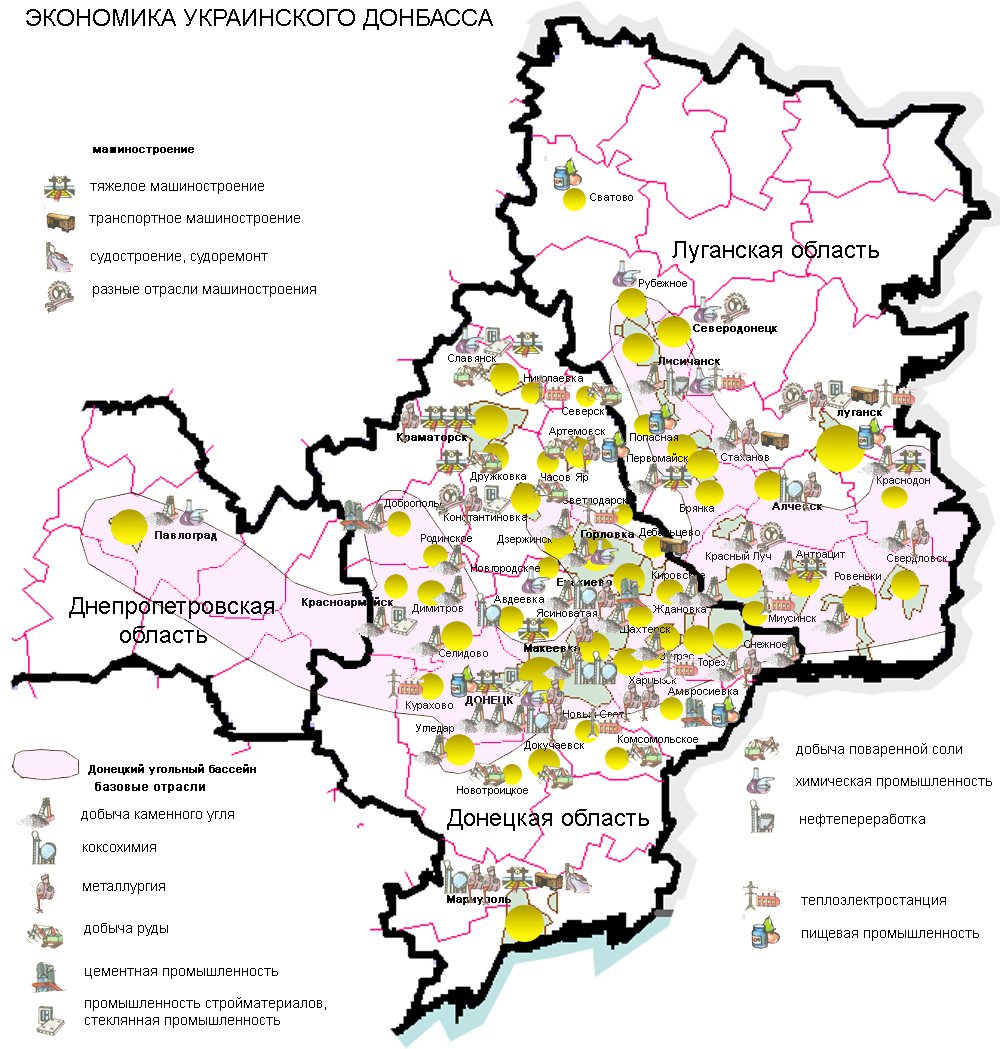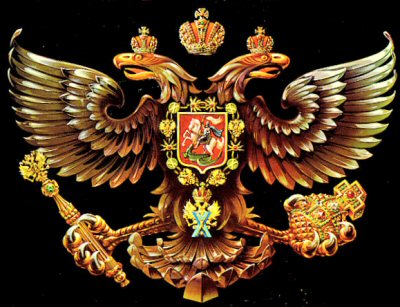Что
Делать? Is the title of one of Lenin's books. "What is to be done?" is one way to translate the phrase. I like the simpler and more direct "what to do?"
I offer the following list of things to do:
I: Military
1. What Russia has done in Ukraine is an act of war. Recognize Russia's belligerent status. Ask Turkey to close the Turkish Straits to transit by Russian warships under the Montreux Convention. [By the way, we have to ask politely, since we never adhered to the convention and therefore do not have the rights of a signatory. Why not initiate discussion with Turkey to seek status as a signatory?]
2. While Ukraine is not a member of NATO, she has been granted membership in the Euro-Atlantic Partnership Council. Let's send an allied mission to Ukraine to assess their defense needs.
3. Reactivate discussions with Ukraine concerning transfer of warships from our reserve fleet to Ukraine. Include mine warfare vessels in the discussion.
4. Investigate modernizing Ukraine's Air Force and Air Defense.
5. Schedule friendly warship visits to NATO allies in the Black Sea: Bulgaria and Romania, and possibly Ukraine.
5. Schedule friendly warship visits to NATO allies in the Black Sea: Bulgaria and Romania, and possibly Ukraine.
II. Economics
1. Don't threaten
to withdraw from the G-8 conference in Sochi - withdraw! Now!
Withdrawing from a conference may sound like a weak sanction. Not nearly
as weak as threatening someday to think about doing it. Just do it!
2. Freeze Russian assets! Now! We can always unfreeze them later;
Getting Ukraine's economic house in order is probably the most urgent task. But it must be done in a way that improves the lives of ordinary citizens and builds Ukraine's productive capacity for the future. Here are some ideas set forth by economists Gorodnichenko and Roland:
"Although it is
only a few days after the successful February revolution and the country
is still in a state of flux, a new government is needed to deal with
emergency economic measures.
- The country is days away from facing a $2bln payment to international bondholders.
- The provisional Ukrainian government does not have the necessary legitimacy to make all the changes demanded by the Maidan protesters.
The new government
is inheriting a political system and a government administration that
are in need of fundamental change. Because of this weakness, the new
government needs to focus on a set of emergency measures that are both
urgent and immediately feasible. In the long run, establishing a
well-functioning democracy necessitates a new constitution and a popular
referendum on a constitution, but that takes time. What must be done
now? What needs to be changed in the long run?
- First, the Ukrainian currency Hryvnya should be switched to a float and it should depreciate significantly.
The current-account
deficit (about 10% of GDP) is clearly unsustainable. This should
stimulate the economy and preserve precious foreign currency reserves.
Barriers to export should be removed.
- Second, the banking system badly needs liquidity and capital.
Raising these in the
international financial market has become nearly impossible. The
government should inject capital (for example, use a program similar to
the TARP in the US). The Central bank should provide liquidity. Some
form of temporary capital controls and temporary limits on withdraws of
deposits appear unavoidable given the current ongoing bank run (deposits
fell by a third in the last few weeks and are falling further on a
daily basis). Banks should “reopen” after the infusions of capital and
liquidity.
Third, the government must immediately present a plan to address fiscal imbalances over a period of several years.
Given the deeply
depressed state of the economy, now is not the time to implement deep
budget cuts. But fiscal authorities can still lay out a budget plan for a
gradual decline in deficits to restore confidence in the long-run
solvency of the Ukrainian government. Stricter monitoring of spending to
minimize corruption and waste of public functions must be implemented
immediately to make the eventual fiscal consolidation less painful and
restore confidence.
- Fourth, external payments are a heavy burden on the collapsing Ukrainian economy.
One step is to bring
in the IMF as well as other donors (EU, USA, etc.) to bridge the
short-term gap in foreign currency reserves.
These funds are
essential to avoid a drastic immediate fiscal contraction in the
immediate future. They are necessary to enable authorities to inject
capital into Ukrainian banks. The amount of required support is likely
to be in tens of billions of dollars. Moreover, a restructuring of some
of Ukrainian debt is necessary to avoid outright default.
- Most of Ukraine’s external debt was accumulated under the previous corrupt regime.
- The new leaders have little moral obligation to commit to reimburse that debt, and creditors have little moral standing to demand repayment: they knew who they lent to.
On the other hand,
the amount of Ukraine’s external debt is not that high, and costs of
defaulting – exclusion of Ukraine from the bond market for five years or
so – are not-zero.
Ukraine badly needs
immediate breathing space to introduce reforms and relieve the burden
imposed by the Yanukovych government. The main risk here is that the
absence of primary fiscal surplus makes an immediate fiscal
consolidation or monetization of spending unavoidable in case of
outright default. But Ukraine had a nearly zero inflation rate for two
year. Some inflation could be a stimulating force if it can be kept
under control later on. The new provisional government of Ukraine must
weigh the costs and benefits of these scenarios. But right now, it
should not exclude the option of default if external support is not
coming. An external default would then not alienate Ukraine from the
international community, despite the short run disorder it might create.
- Fifth, a possible trade war with Russia and increased energy prices are looming.
Ukraine should prepare to obtain energy from alternative sources (including reversing the gas flow to get energy from the West).
- Sixth, some people and businesses will be hit very hard.
The government
should prepare short-term relief for all those likely to fall into
temporary poverty: guaranteed minimum food, heating, electricity and
water, all supplied on a lump-sum basis.
- Last and not least, the EU and Ukraine should sign the association agreement.
This will anchor economic and political forces toward reforms and growth as well as provide credibility to the new government.
These emergency economic
measures will not address the need for fundamental long-term change.
Once there is a legitimate government, elected on the basis of a
Constitution approved by referendum, fundamental long term reforms can
be implemented. These include a fundamental overhaul of government
administration to root out corruption, fiscal decentralization to give
more power to the regions, regulatory reform to break up monopolies,
opening up entry to foreign firms and small private business, and
securing a stable supply of energy by exploiting Ukraine’s large reserve
of shale gas.
The need to act fast
now does not mean one should not also begin in the necessary process of
constitutional change. The people of Ukraine demand it. Ukraine had two
revolutions in the last ten years. Both expressed people’s discontent
with the status quo and aspirations for democracy. It needs to build a
consolidated and participatory democracy. There will likely not be a
third chance."
III Political
- Hold elections soon, with credible international observers.
- Convene a constituent assembly and draft and ratify a new constitution as soon as possible.
Lots to do and not much time to do it.










